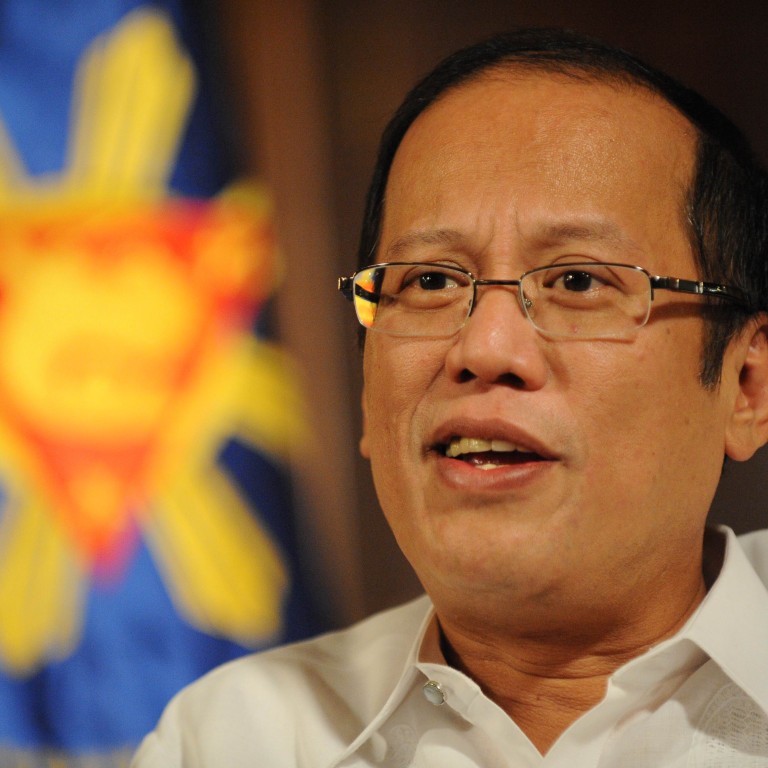
New | Philippines' top court upholds law criminalising online libel
Although court rejects provisions on online surveillance and wanton shutdowns of websites, critics fear law will be used to curb free expression
The Philippine Supreme Court said online surveillance is illegal without a court order and that online libel is a criminal offence, in a ruling on Tuesday that allows a cybercrime law to be enforced, in a setback for campaigners who argue it could curb internet freedom.
The Supreme Court on Tuesday ruled that one of its most controversial provisions, the section which penalises cyber libel, “is not unconstitutional”.
However, the judges found parts of the law unconstitutional, such as provisions allowing real-time collection of online data by authorities and shutting down a website without due process, court spokesman Theodore Te said.
It upheld libel online as a criminal offence but only the author of a libellous posting can be charged, Te said. Those who merely receive or comment on the post are not liable, he added.
Will freedom of expression be stopped? I don’t think that is the purpose of the law ... If you are saying the truth, why would you fear libel?
Lawmaker Neri Colmenares of the left-wing Bayan Muna party, which opposed the law, said the court also kept a provision that would penalise libel with a maximum 12-year imprisonment or a fine of at least 200,000 pesos (HK$34,800). The law aims to combat internet crimes such as hacking, identity theft, cybersex and online child pornography.
The Cybercrime Protection Act was passed in 2012, but its implementation was suspended after coming under challenge from various groups.
Philippine President Benigno Aquino on Wednesday defended a controversial cybercrime law, saying the law would not be used to stifle dissent in the Philippines, considered to be one of Asia’s freest democracies.
“Will freedom of expression be stopped? I don’t think that is the purpose of the law,” Aquino said. “We were taught in school that your rights end where they impinge on the right of others.”
Opponents say the law gives the government sweeping powers to curb internet freedom due to provisions that impose heavy prison terms for online libel – in a country where major protests have been organised through Facebook and Twitter.
Aquino insisted that the law should apply equally to digital platforms.
“If there was libel on TV, said on radio and written in the newspaper, should that be exempted in another format?” he said. “But I repeat, if you are saying the truth, why would you fear libel?”
Law Professor Jose Jesus Disini, one of the petitioners, told ABS-CBN television that removing the provision of real-time monitoring of online traffic data without a court order was a “major win” for the right to privacy but lamented the decision to keep libel a criminal offence.
He said he would study the decision more closely to determine “if it makes sense to file a motion for reconsideration.” Groups opposed to the law are set to file such a motion, but the Supreme Court only rarely reverses its decisions.
Critics fear the government could misuse the law to go after journalists who report on official corruption.
“By extending the reach of the antediluvian libel law into cyberspace, the Supreme Court has suddenly made a once infinite venue for expression into an arena of fear, a hunting ground for the petty and vindictive, the criminal and autocratic,” the National Union of Journalists of the Philippines said in a statement.
The left-wing New Patriotic Alliance and journalist groups have called for the decriminalisation of libel to remove it as a threat to free speech.
“It may not be a crime to like, share or react or comment on a certain post, but the original author may still be charged with libel, and that could be anyone,” said Renato Reyes, the alliance’s secretary general.
